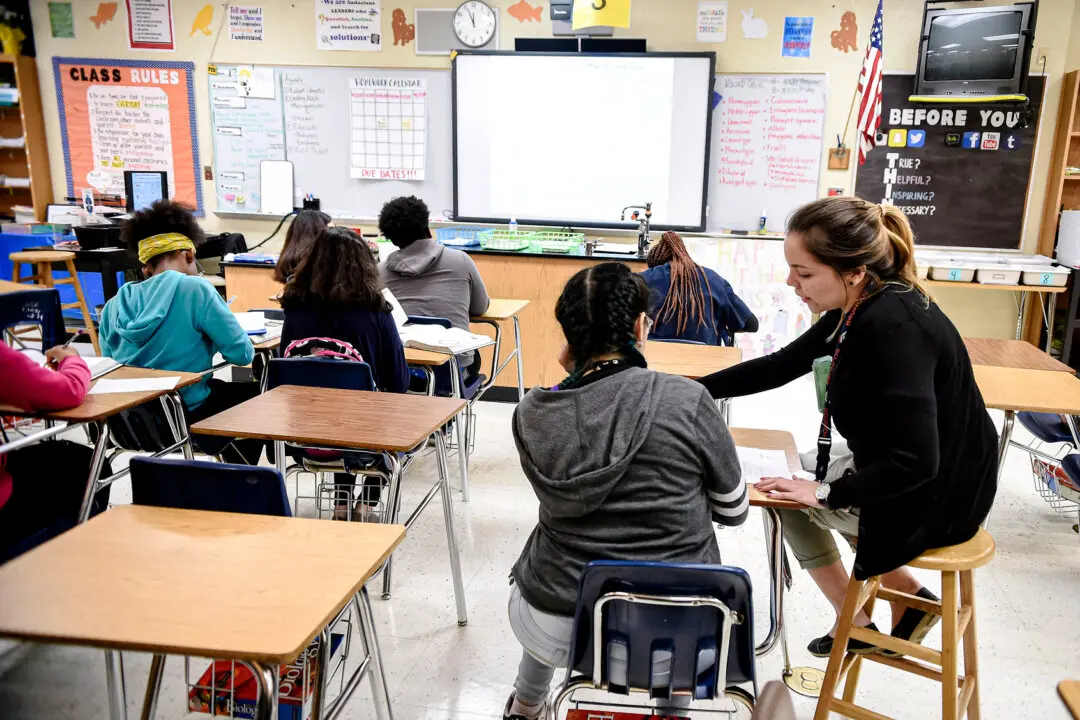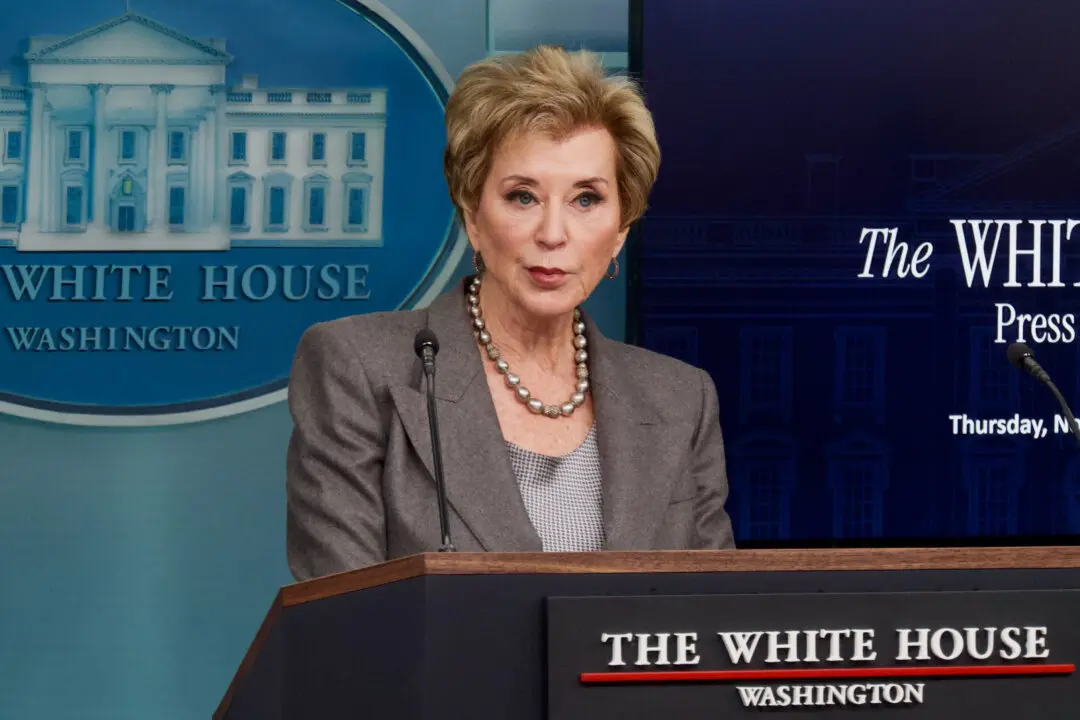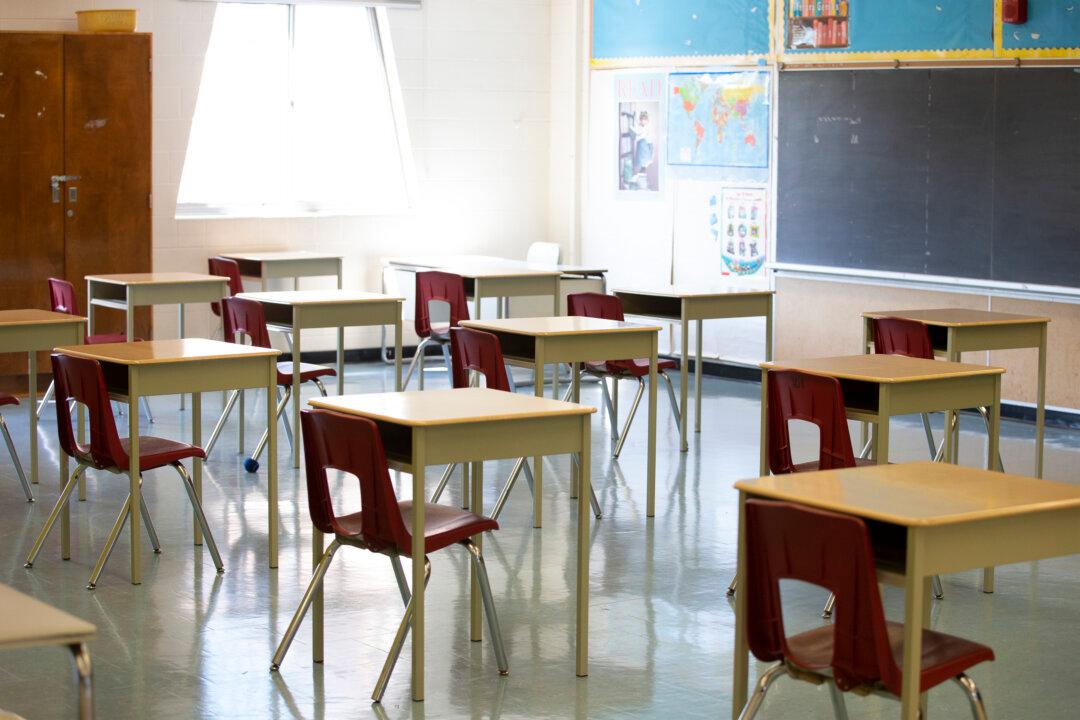Commentary
Picture a school in an underprivileged part of north London, England. One-third of nearby families live in poverty, a significant percentage are visible minorities, and the neighbourhood crime rate is twice the national average. What results would you expect students at this school to get on their General Certificate of Secondary Education (GCSE) exams?





